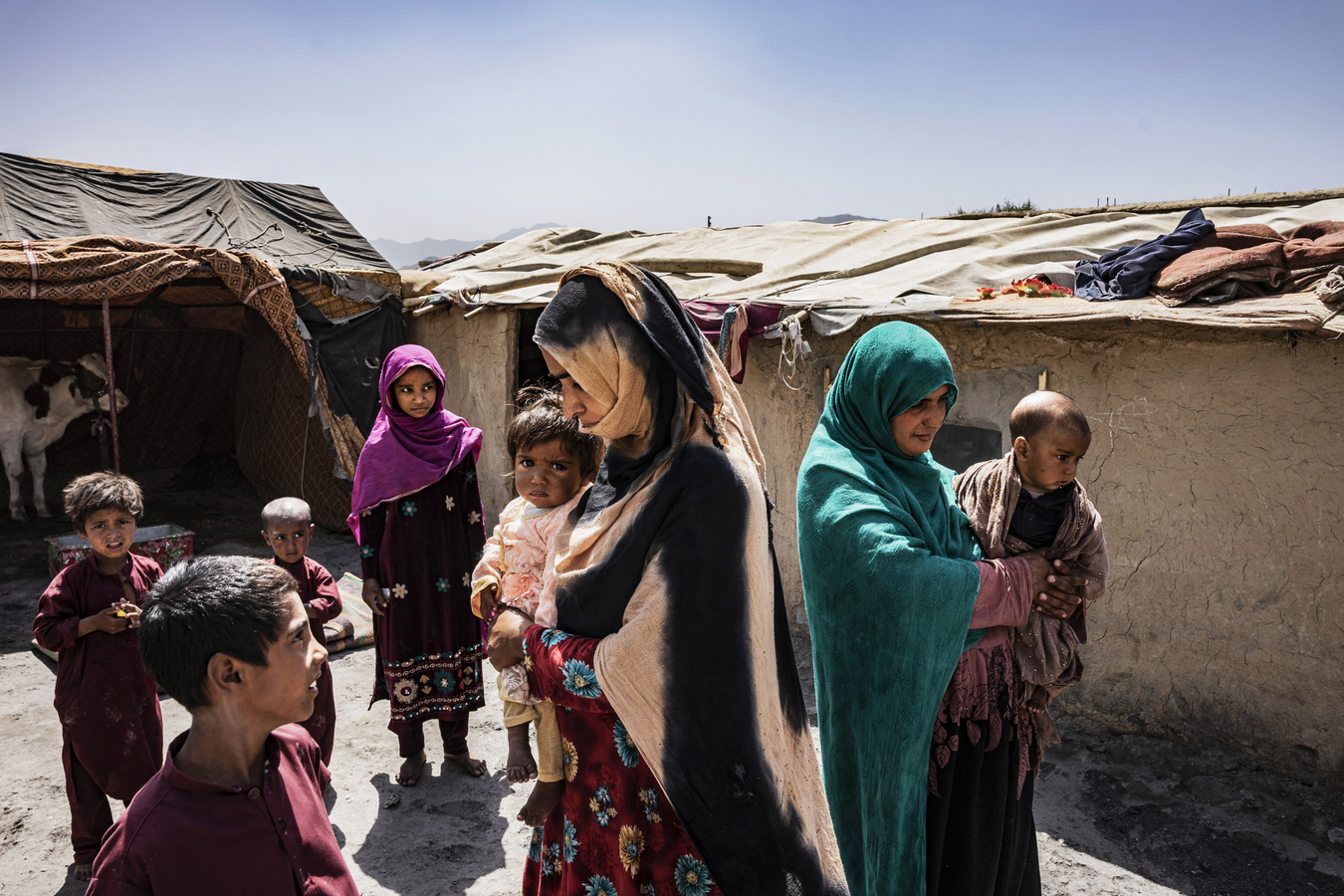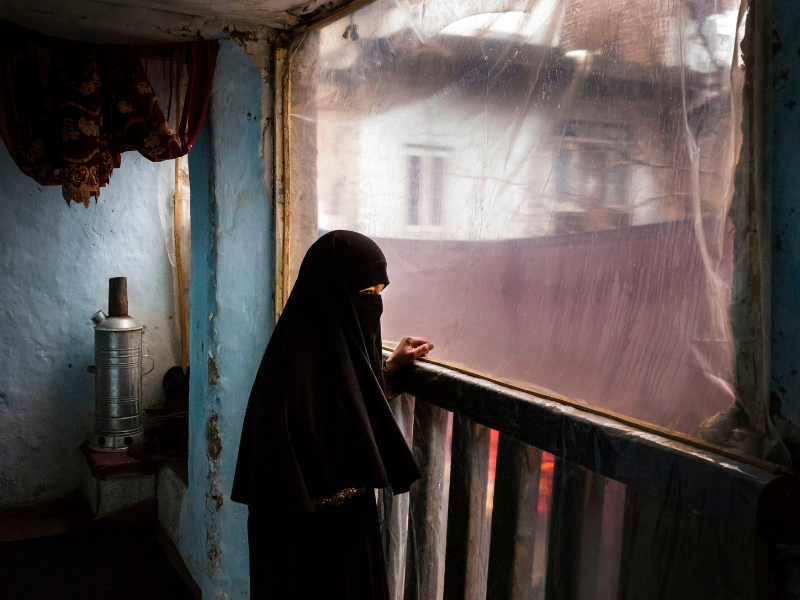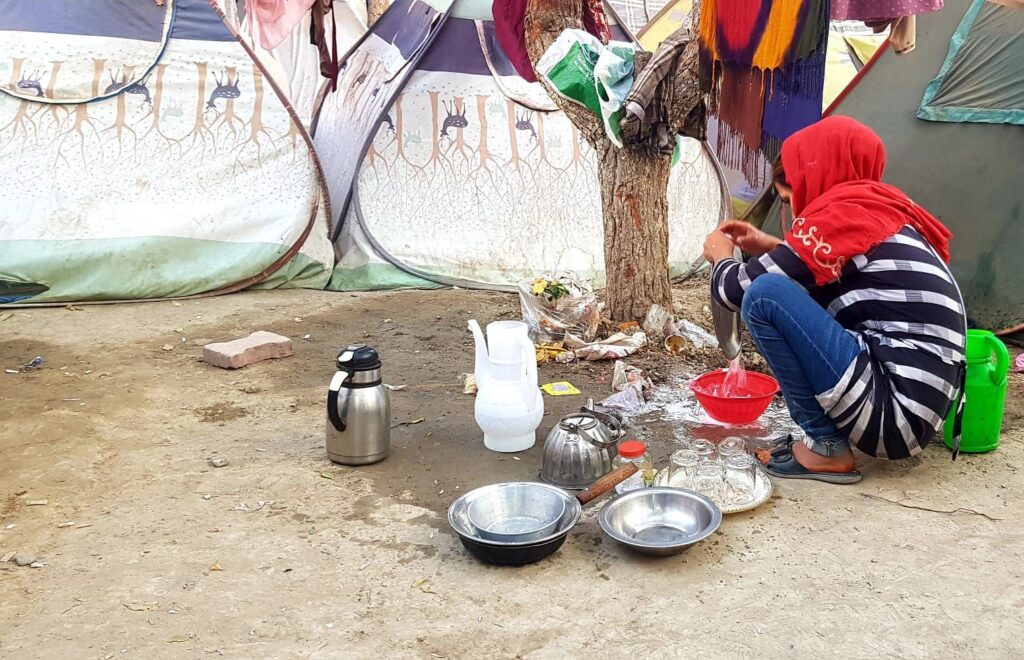
This project targets those deprived of the dignity to which every human being is entitled and those who are about to drown in the waves of one of the world's greatest humanitarian catastrophes.
Dignity provides families - mostly women and children - in extreme poverty and vulnerability with tailor-made support, formulated according to each individual's needs, abilities and aptitudes, family constraints, health conditions, age and other factors. The duration of support depends on the conditions of the families.
It gives priority to women heads of households because the condition of women in Afghanistan is the worst in the world. Afghan women are currently forbidden to attend universities and high schools, to do jobs that were previously allowed, to be employed by national and international NGOs, and to move freely. The poorest women with no male support to survive can only rely on charity or go into debt; until the situation precipitates, leaving them with no way out. Poverty and despair contribute to sad phenomena, such as girls given in marriage to get money with which to feed the rest of the family.
The support given by Dignity at more than 650 people may include a monthly contribution to cover essential expenses such as food and rent; the provision of literacy courses for illiterate adults and minors who have never been to school; a contribution towards medical care and the purchase of medicines; informal school courses that enable girls to continue their education despite Taliban bans; courses aimed at finding employment; the provision of skills, equipment and materials needed to start a small business that generates income; and the provision of a small business that generates income.
Afghanistan, Kabul Province. 2021-2023.
OPERATIVE PARTNERS: Rabia Balkhi NGO, Afghanistan National Disaster Management Authority (ANDMA).
DONORS: Trust nel Nome della Donna, Comitato per le Rendicontazione/Rimborsi del Movimento 5 Stelle.
Amount spent on the project
€ 79.294,74 ANNO 2022


